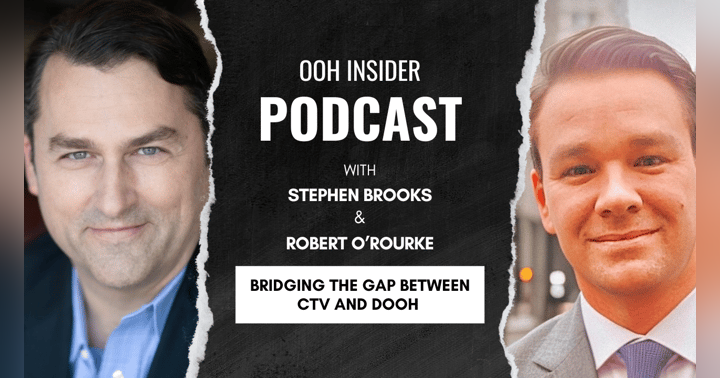Introduction
The digital advertising industry has experienced significant shifts in recent years, prompting Moffett-Nathanson to revise its long-term ad forecast. In this article, we will delve into the key findings from Moffett-Nathanson's report and explore the implications for the future of digital advertising.
The Concerns Surrounding Digital Advertising Growth
Moffett-Nathanson's report highlights concerns about the long-term growth prospects of digital advertising. The firm identifies unsustainable corporate profitability and the surge in e-commerce activity by small and medium-sized businesses as underlying factors contributing to these concerns. Further, troubling trends with payments and collections compound these concerns.
The Impact of the Pandemic
The COVID-19 pandemic accelerated the growth of e-commerce and led to a surge in digital advertising spending. However, Moffett-Nathanson suggests that this growth may not be sustainable in the long run. As the costs of digital advertising rise and the pandemic-related cost-cutting measures fade away, the firm predicts a moderation in online ad growth.
Revised Forecast and Growth Rates
Moffett-Nathanson has lowered its long-term online ad growth forecast from 18.5% to 12.5% compound annual growth rate. This represents a significant cut of 33% in their guidance. The report also predicts that U.S. advertising will grow at a rate of 9% between 2021 and 2025, down from the earlier estimate of 13%.
The Long Tail Opportunity
One interesting aspect highlighted by Moffett-Nathanson is the rule of the long tail in advertising. The long tail refers to a shift in focus from a few mainstream hits to a vast number of niche markets. In the case of out-of-home advertising, the majority of revenue comes from the long tail, which has 45% more spending power than the top 100 advertisers. This presents an opportunity for media companies to tap into this untapped market.
Embracing Technology for Efficiency
To capitalize on the long tail opportunity, media companies need to adopt technology-driven solutions. Rather than building their own tech infrastructure, companies can partner with technology providers like Lucit CC to gain programmatic control over their inventory and enhance customer engagement. By automating low-value tasks, media companies can focus on building relationships and driving business outcomes.
Challenges of Programmatic Digital Out-of-Home
The episode highlights the challenges faced by programmatic digital out-of-home advertising. The industry is not growing as expected, and the current programmatic model is deemed unfavorable for most players except for a few dominant players. The delayed payment cycles and underpayments further contribute to the cash flow challenges in the market.
Strategies for Local Media Companies
To thrive in the evolving digital advertising landscape, local media companies can adopt several strategies. Partnering with other local legacy media companies can create synergies and expand their offerings. Leveraging automated outreach and developing thought leadership materials on zip code-level targeting can help drive local sales. Hosting local meetups can also establish the company as a connector and authority in the industry.
Conclusion
The digital advertising industry is undergoing significant changes, and media companies need to adapt to stay ahead. By embracing technology, exploring the long tail opportunity, and implementing effective strategies, media companies can navigate the challenges and drive growth in the evolving digital advertising landscape.
Get the full conversation in this week's podcast here: https://www.theoohinsider.com/thelongtail




